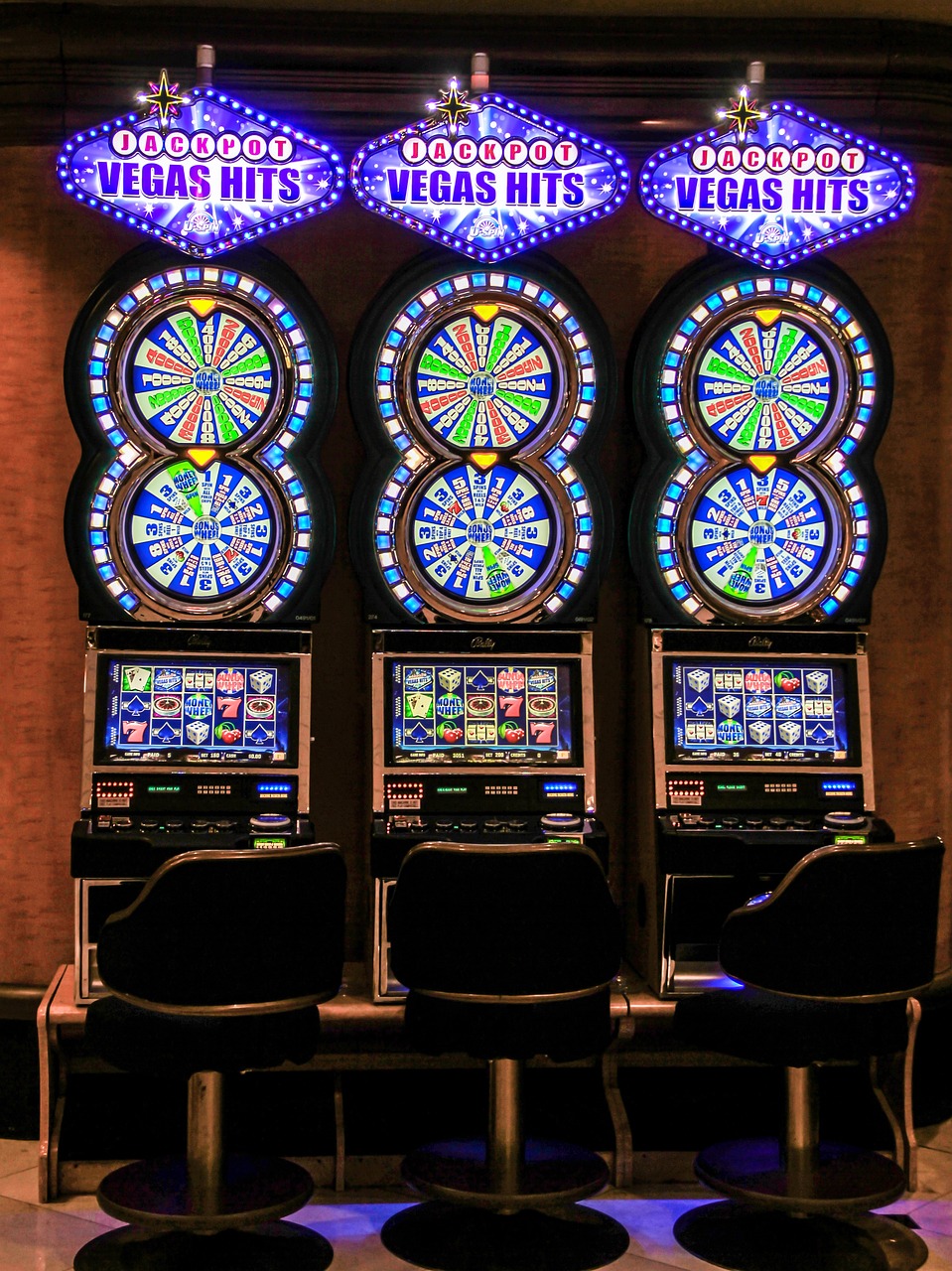
Introduction
Casino slot machines, with their flashing lights, tantalizing sounds, and the promise of big wins, have captivated players for over a century. From the simple, one-armed bandits of the past to the complex, interactive digital marvels of today, slot machines continue to be a cornerstone of the casino industry. This article delves into the world of slot machines, exploring their history, mechanics, variations, and the psychology behind their appeal.
A Brief History of Slot Machines
The precursor to the modern slot machine was the Liberty Bell, invented by Charles Fey in 1894. This machine featured three spinning reels with symbols of hearts, diamonds, spades, and horseshoes. The first slot machine to award automatic payouts was the Automatic Royal, introduced in 1895.
The early 20th century saw the proliferation of slot machines across the United States, with various mechanical innovations and themes emerging. However, the Great Depression and subsequent gambling bans led to a decline in the industry.
The post-World War II era witnessed a resurgence of slot machines, with the introduction of electromechanical machines. These machines replaced the traditional lever with a button, and the mechanical reels with electronic ones. The 1960s brought the first video slot machine, which paved the way for the development of the modern, computer-based slot machine.
How Slot Machines Work
At the heart of every slot machine is a random number generator (RNG). This complex computer program generates thousands of random numbers per second, determining the outcome of each spin. When a player presses the spin button, the RNG selects a number, which corresponds to a specific combination of symbols on the reels.
Modern slot machines feature a variety of reel configurations, paylines, and bonus features. Paylines are the lines on which winning combinations must appear. Traditional slot machines had a single payline, but modern machines can have dozens or even hundreds of paylines.
Bonus features add excitement and the potential for larger payouts. These can include free spins, multipliers, and interactive mini-games. Some slot machines also offer progressive jackpots, which grow with each wager placed until a lucky player hits the winning combination.
Types of Slot Machines
The world of slot machines is incredibly diverse, with countless variations to cater to different player preferences. Some of the most common types of slot machines include:
- Classic Slots: These machines are reminiscent of the old-school, three-reel slot machines with simple symbols and a single payline.
- Video Slots: With stunning graphics, immersive sound effects, and a wide range of themes, video slots offer a more engaging gaming experience.
- Progressive Slots: These machines feature jackpots that grow with each wager placed, potentially reaching life-changing amounts.
- 3D Slots: Utilizing cutting-edge technology, 3D slots create a truly immersive gaming experience with realistic graphics and animations.
- Mobile Slots: Designed for smartphones and tablets, mobile slots allow players to enjoy their favorite games on the go.
The Psychology of Slot Machines
Slot machines have a powerful allure that keeps players coming back for more. Several psychological factors contribute to their appeal:
- Intermittent Reinforcement: Slot machines are designed to reward players infrequently, creating a sense of anticipation and excitement.
- Near Misses: When players come close to winning, it can trigger a dopamine release, making them feel like they are on the verge of a big win.
- Loss Aversion: Players are often more motivated to avoid losses than to win, which can lead to continued play.
- Social Proof: Seeing other players win can create a sense of FOMO (fear of missing out), encouraging players to join in.
Responsible Gambling
While slot machines can be a fun and entertaining form of entertainment, it’s important to gamble responsibly. Set limits on how much time and money you spend on gambling, and avoid chasing losses. If you or someone you know has a gambling problem, there are resources available to help.
Conclusion
Slot machines have come a long way since their humble beginnings, evolving into complex and entertaining games of chance. Their enduring popularity is a testament to their ability to captivate players with the promise of big wins and the thrill of the unknown. By understanding the mechanics and psychology behind slot machines, players can enjoy these games responsibly and increase their chances of winning.



